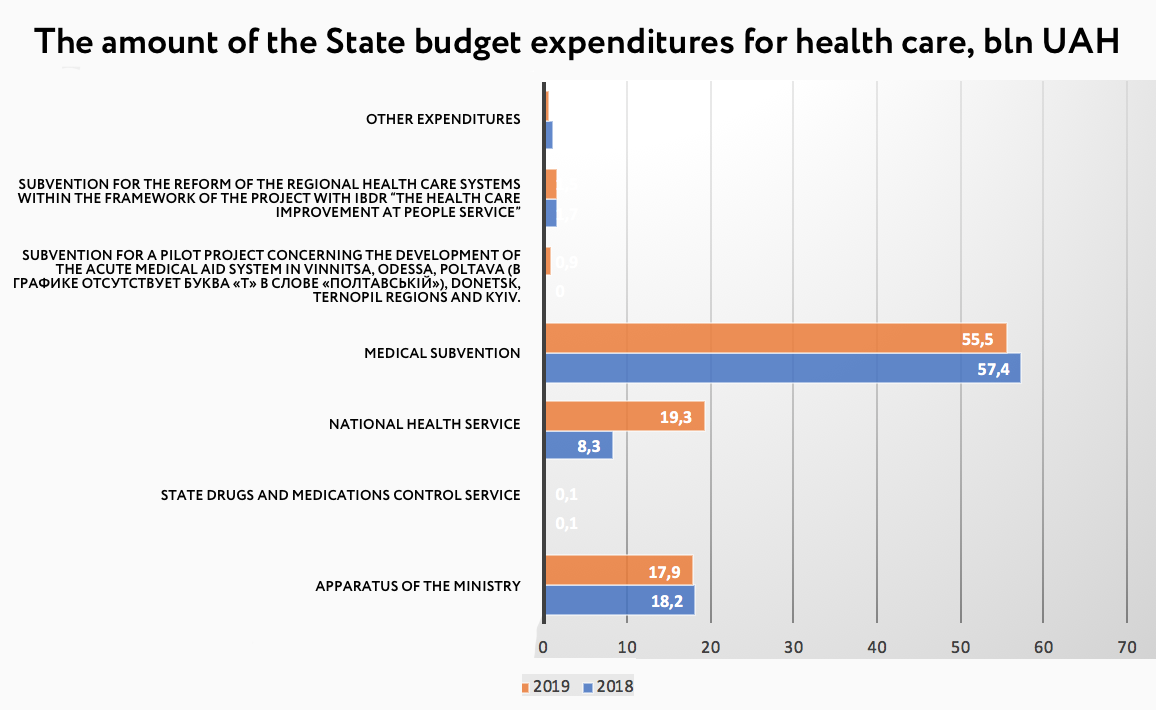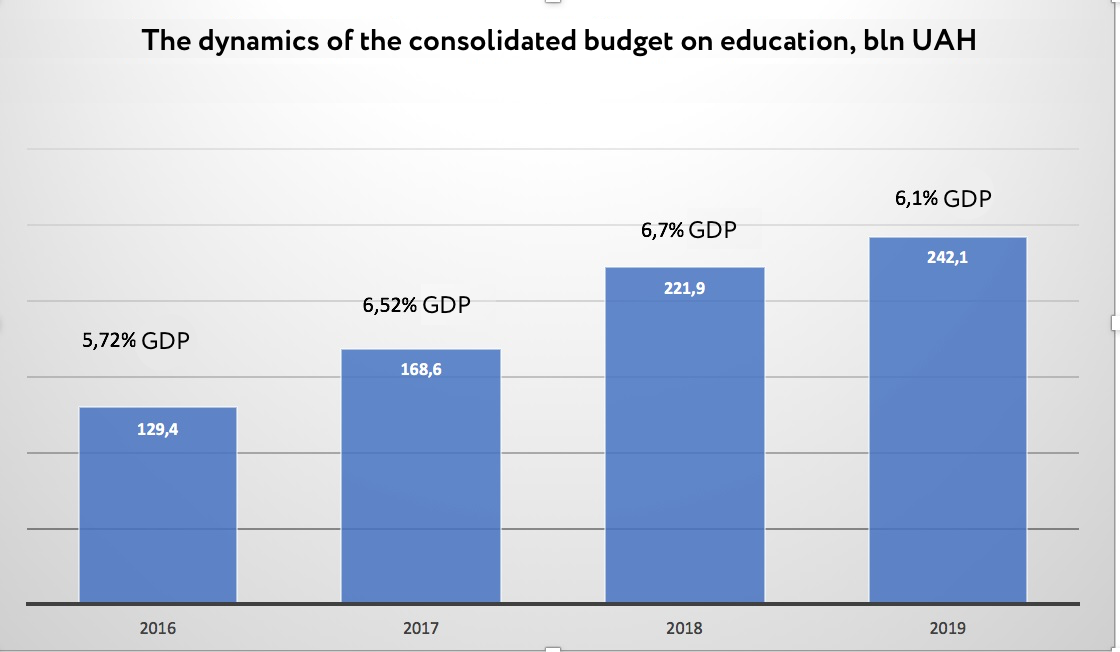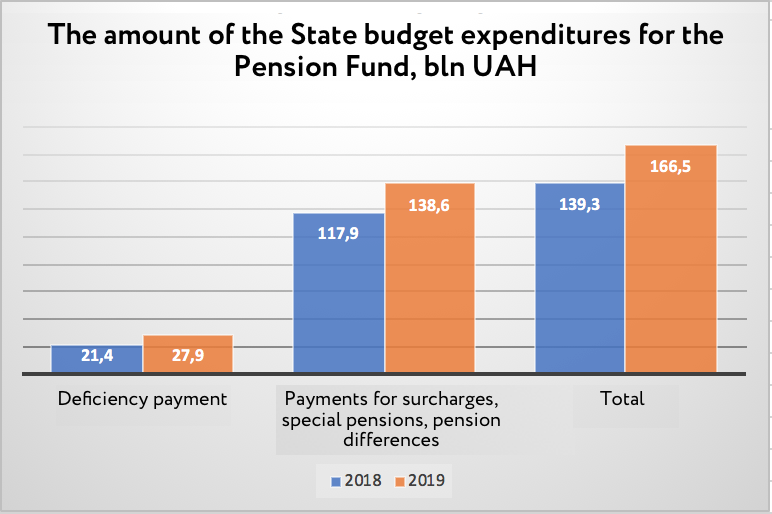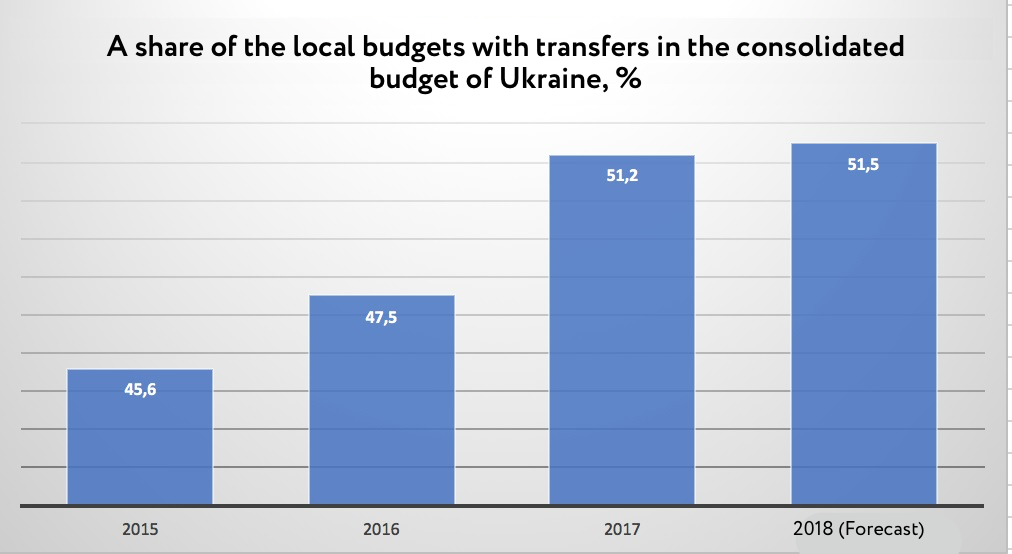

Recently the World Bank Country Director for Ukraine Satu Kahkonen made an unusually direct statement about reforms perspective in Ukraine: «There are risks of slowing down the reforms because of the elections. The case is not just in elections — we have already pointed out that this slowdown has happened. There is a risk that reforms will be stopped. Even worse — some of the key reforms are going to move backward».
The words of the financial expert are confirmed by a data of Index for Monitoring Reforms iMoRe — in the second quarter of this year its average performance was just 0,51 points. It’s the lowest performance since the beginning of monitoring in 2015 (in the third quarter index has grown to 0,6).
Do the key reforms have a chance for continuation and implementation in a year of the double elections when the politicians will be tempted to make electoral attractive decisions than to provide unpopular changes? In fact, we can already say something: the State draft budget for 2019 contains a lot of answers about the future of the changes.
The implementation of many reforms involves an adequate funding. For example, before the beginning of the reform, the Ministry of Health has calculated that total government expenditure on medicine for the next four years must be increased almost in thrice to 177 billion dollars (in relative numbers from 2,7% of GDP last year to 4,6% in 2021) for the implementation of changes.
The major contributor of the reforms is a State budget. It either contains resources for implementation of all reforming plans or not.
Thereunder VoxUkraine analyzed an expenditure part of the State draft budget: does it have costs for a continuation of the four major reforms — medical, pension, educational and decentralization, and found out.
A brief history. The reform has been started in 2018 from the primary link of medical aid — family doctors-therapists. The principle of funding medical institutions has been changed. The National Health Service that aimed at signing the contracts with medical institutions and buying services for the medical care of people has been created.
The plans for 2019 — to start the reforms of specialized medical aid, to launch the electronic medical documentation. Since 2020 it is planned to provide a reform for a highly specialized link of medical aid.
Key laws. In October 2017 the Verkhovna Rada accepted the law «On State Financial Guarantees for the Provision of Medical Services and Medicine» and amended the Budget Code to provide State financial guarantees for the provision of medical services and medicine. (The law received 3 points from 5 possible in iMoRe).
Funding. There is money in the State Budget for this reform. The Ministry of Finance proposed to set the State budget expenditures for health care at UAH 95,8 bln the next year. It’s 10% higher than in 2018. The main expenditure will be a medical subvention, that is UAH 55,5 bln. The expenditures for the National Health Services, the usage of which is described below, will rise significantly (by 2-3 times).

What is going to be in 2019? In the State draft budget for 2019 proposed by the Ministry of Finance in September, there are planning a lot of changes in the health sector.
A brief history. It has four directions: the reform for secondary, vocational and higher education and the perspective switch to the management and funding of the science. The key legislative decisions concerning the reform of secondary and higher education were made in recent years. The 2019 Budget provides the high-rise continuation of the educational reform at a modest pace.
Key laws. A peak of reform activity in the educational sector took place in previous years. In 2014 Rada accepted the key legislation «On Higher Education», in 2015 «On Scientific Research», in 2017 — «On Education». The law received 2 scores by the iMoRE methodology.
In 2018 Ministry of Education should pass to the Parliament the draft laws «On Complete Secondary Education» and «On Vocational Education».
Funding. The law «On Education» fixes the State expenditures in the sphere in the amount of at least 7% of GDP.
Last years the Parliament couldn’t reach this bar. Representing the draft budget in the Cabinet of Minister Volodymyr Groysman said that the total State expenditures on education will be UAH 242,1 bln or 6,1% of GDP (last year it was 6,7% of GDP). But the final amount will be known after the acceptance of the budget.
In 2019 the State budget expenditures on education will rise in nominal terms on 16% — from UAH 95,5 to UAH 110,6 bln, in comparison with 2018.

Source: The laws on State budget in Ukraine in 2018 and 2019.

Source: Ministry of Education, website kmu.gov.ua
What is going to be in 2019? The first change in the 2019 budget is concerning the formula for the calculation of educational subvention. The previous scheme had the following formula: the Ministry of Education allocates money for a student but the salary was paid for a class. In other words, a teacher with a class of 30 children received the same salary as a teacher who has only 10 children.
For the first time, a formula for allocating subvention that depends on the estimated fullness of the classes began to use in 2018. It is planned that in 2019 formula will be added changes in the figures of the estimated fullness of classes. For cities of regional significance, it will be 25 students, for districts and united territorial communities the formula will be depended on the percentage of population and students density per square kilometer.
Within the meaning of the Ministry of Education, the new approach will lead to the following: the optimization of network and density let communities receive more money. There was no stimulus to optimize it beforehand because in the case of school liquidation the communities received less money.
The second change — there is UAH 2,8 bln in the budget for the division of classes into groups. These funds have not been allocated beforehand. The division into groups will take place in case if there are more than 27 students at the classes of arts and crafts, Ukrainian language, foreign languages. Whereas the cities have a right to allocate the additional resources for this goal.
The third change is that for the first time the funds (UAH 196 mln) are allocated for training of specialists in the higher institutions of private property. During budget consultations, the Ministry of Education and the Ministry of Finance agree on the allocation of UAH 666,3 mln of the targeted subvention for the salaries of employees of inclusive resource centers. Now there are 322 employees but their amount should be around 500 in accordance with the plan. There also continues the funding of «The new Ukrainian school».
The fourth change — in 2019 the Ministry of Education plans to approve the new State standard and educational programs for a primary school (5-9 grades).
A brief history. It started in 2017. The main goal of the reform is — to establish the unified calculation rules for pensions and to ensure a debt-neutral Pension Fund in the mid-term including a systematic increase of qualifying period for retirement and a change of the pension accounting formula. However, the next year a deficit of the Pension Fund in a nominal term, in contrary, will increase.
Key laws. The Law on amendments to several legislative acts of Ukraine on pension increase adopted in October 2017. (3 scores in the iMoRe). A Government regulation on the reassessment of military and police personnel pensions, August 2017.
Funding. The main pension difference between 2019 budget and this year budget is the increase of the State budget expenditures for the Pension Fund almost to 19% — from UAH 139,3 mln this year to UAH 166,5 mln the next year.
As explained by the Ministry of Finance this number consist two components: the State budget expenditures for bonus payments, additional payments, coverage of the difference in the amount of pensions set in accordance with the «special» laws and under the standard procedure — UAH 138,6 bln and the expenditures for covering the scarcity of funds in the Pension Fund — UAH 27,9 bln.

What is going to be in 2019? Firstly, the scarcity of funds in the Pension Fund will remain at the level of 2018. It was assumed that the pension reform would decrease the scarcity of funds gradually. «During the next 7-10 years — 7-10! — we will reach a zero debt-neutral level in the Pension Fund. It means that this system will be debt-neutral and will impel to the development of our State in general», — said prime-minister Volodymyr Groysman in Verkhovna Rada.
There is no trend for shrinkage of deficit yet. With regard to the GDP, the State budget expenditure for Pension Fund remain the same as for 2018, as for 2019 — 4,2%. For western partners — IMF and World Bank — this is an important factor, that's why they turn the blind eye to the increase of the Pension Fund deficit.
According to the conclusions of the Audition Chamber, a share of the State budget funds in the Pension Fund revenues will increase from 39,4% to 41,9% next year.
The Ministry of Finance is assuring: «next year the Pension Fund budget will remain deficit and in 2021 the Pension Fund will be able to fully provide the payment of pensions that should be provided by the Funds costs. That’s why it won’t involve State funds to cover the deficit in the budget».
Secondly, in 2019 the annual indexation of pensions will begin with the usage of a new formula — in the context of inflation and increase of average wage. The indexation will begin from March 1, 2019.
“The expenditures for its implementation are already in the State draft budget for the next year in the amount of UAH 20 bln”, — the Ministry of Finance informed VoxUkraine.
From January 1, 2019, the pension increase for former military personnel will be continued. A formula is generated in such a way that the pensioners won’t take the whole sum of increase but only its share that will be gradually growing. In 2018 it was paid a 50% from pension increase. From January 1, 2019, to December 31, 2019, the military personnel will receive a 75% from pension increase, and from January 1, 2020 — a 100%.
In accordance with the Ministry of Finance data, in 2019 the expenditures for a further recalculation of pensions for military personnel are planned in the amount of UAH 5,5 bln.
A brief history. It started in 2014. It provides a transfer of authority and finances from State authority to the local self-government bodies. The plans for 2019 according to the State draft budget is a certain reformist minimalism that includes departure from sweeping changes of tax and budget legislation, a point solution of problematic issues and the continuation of the initiated changes with significant political risks of the center’s influence on the local authorities.
Key laws. In 2014-2015 the Verkhovna Rada adopted a number of laws, including on the cooperation of territorial communities, on the voluntary association of the UTC, on the principles of State regional police etc. Since 2014 along with the budget draft the Government has submitted to the Parliament the sweeping changes to the Budget and Tax Codes. These corrections redistributed the expense accounting functions between local and central budgets, appointed an additional source of income to local budgets.
Funding. A share of the local budget's revenues has grown from 5,1% in 2014 to 7,1% in 2018. A share of the local budgets (with transfers) in the consolidated budget of Ukraine has raised from 45,6% in 2015 to 51,5% in 2018.

Source: decentralization.gov.ua
What is going to be in 2019? The amendments made by the Ministry of Finance to the State budget this year are quite unpretentious, and some of them are technical.
The sums laid down in the budget draft for the continuation of the reforms it is a good sign, but not a guarantee that they will be implemented.
A lack of costs and budget imbalance may cause a delay in the implementation of changes. For example, this year the expenditures for the salaries for the personnel of vocational schools and colleges were fixed by regional budgets. But because of non-fulfillment of the budget, there were problems to maintain a stable work of the colleges. A gap of almost UAH 3,5 bln had to be partly covered by undistributed remainder from educational subvention.
This risk may affect the pension system next year. The documents of the Budget Committee say that considering the reassessment of pensions that is planned for the next year the risks of cash deficiency for pension payment may increase. As a consequence, the number of the Pension Fund loans from single treasury account for its coverage will grow. In the worst case scenario, it may lead to the renewal of the situation with the arrears in pension payments and other social payments, as it has happened in the summer of 2018.
Another significant risk is associated with the distribution of subventions and subsidies. The different expenditure programs and support programs for some spheres (for example, rural medicine) including the local levels are funded by subsidies and subventions. The government traditionally uses these financial instruments to have an impact on local elites, trying to block or to push on the necessary changes-decisions. Mostly this risk concerns decentralization. A red flag is that the draft budget doesn’t consist the distribution between local budgets of 15 transfers from State budget which amounts 40,5% of their total quantity (37). This is stated in the conclusions of the Budget Committee on the State draft budget. «This creates risks of delaying the further distribution of the related transfers and the opportunities for the development of these funds during the budget period», — the document said.
There will be the double elections in Ukraine next year. The Ukrainians have to choose a President and the Parliament. Unfortunately, the Ukrainian authorities don’t have a strong institutional memory and often the change of the political elite leads to the change of the reform agenda. For example, the government of Azarov (2011), and the government of Yatsenyuk (2015) both carried out a tax reform and now a presidential candidate Yulia Tymoshenko promises the pivotal changes in taxation. Ukraine has already made more than one round of the reform launch, their partial implementation, their freezing and throwbacks, and their replacement by half-hearted reforms, etc. The country may not conquer one more round.
Ми віримо, що слова мають силу, а ідеї – визначний вплив. VoxUkraine об’єднує найкращих економістів та допомагає їм доносити ідеї до десятків тисяч співвітчизників. Контент VoxUkraine безкоштовний (і завжди буде безкоштовним), ми не продаємо рекламу та не займаємось лобізмом. Щоб проводити більше досліджень, створювати нові впливові проекти та публікувати багато якісних статей, нам потрібні розумні люди і гроші. Люди є! Підтримай VoxUkraine. Разом ми зробимо більше!